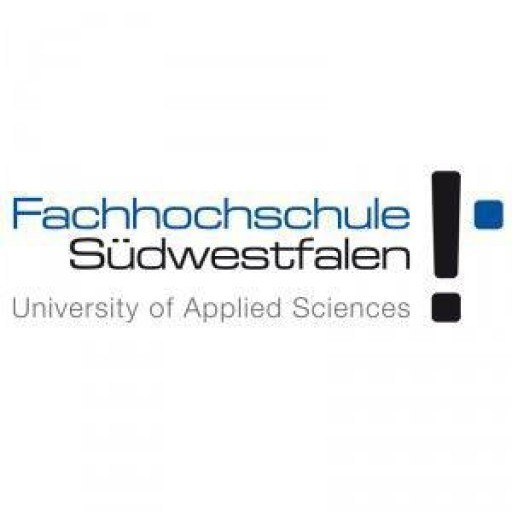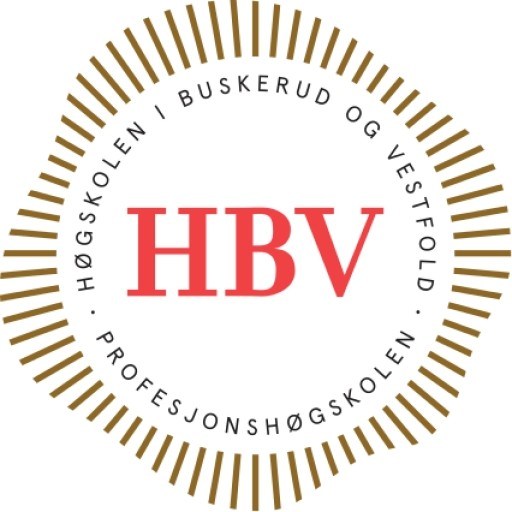Photos of university / #uniwageningen
Biosystems Engineering at Wageningen University & Research offers an interdisciplinary and innovative education aimed at addressing some of the most pressing global challenges related to food security, sustainable agriculture, and environmental management. This program provides students with a comprehensive understanding of biological, engineering, and technological principles applicable to the development and optimization of biological systems. Throughout the program, students learn to design, analyze, and improve processes involving plants, animals, and their interactions with the environment, with the ultimate goal of creating sustainable solutions for food production, resource management, and environmental conservation.
The curriculum combines theoretical knowledge with practical application, ensuring students develop both technical skills and strategic insight. Students gain expertise in areas such as crop and livestock production systems, bioprocess engineering, water management, and resource-efficient production techniques. The program emphasizes the importance of innovation and sustainability, encouraging students to develop creative solutions that contribute to a resilient and circular bio-based economy.
Students have the opportunity to engage in state-of-the-art research and collaborate with leading experts in the field. Practical experiences are integrated into the coursework through laboratory experiments, fieldwork, and group projects, equipping graduates with the skills needed to operate effectively in academic, industrial, and governmental sectors. The program's international orientation prepares students to work in diverse cultural contexts and global markets.
Graduates of Biosystems Engineering are well-equipped to pursue careers in research and development, technical consultancy, project management, and entrepreneurship within industries such as agriculture, food production, renewable energy, environmental consultancy, and biotechnology. With a focus on sustainable development and technological innovation, the program aims to produce professionals who can contribute to building a more sustainable and efficient bio-based economy worldwide.
The program is designed to be completed over three years for full-time students, leading to a Bachelor of Science degree. It offers an engaging learning environment, characterized by small class sizes, close interaction with faculty, and opportunities for international exchange. This comprehensive program prepares students to become future leaders and innovators in the field of Biosystems Engineering, making a positive impact on society and the planet.
The Bachelor's program in Biosystems Engineering at Wageningen University & Research is a comprehensive and innovative curriculum designed to prepare students for addressing the complex challenges of sustainable food production, environmental management, and resource efficiency. This program combines fundamental engineering principles with biological sciences, focusing on the development and improvement of biological systems that are vital for both agriculture and industry. Throughout the degree, students gain a solid foundation in areas such as biology, chemistry, mathematics, and physics, which are integrated with specialized courses on biosystems design, process engineering, and sustainable technology.
The program emphasizes hands-on learning through practical laboratory sessions, fieldwork, and project-based assignments, enabling students to apply theoretical concepts to real-world problems. Students will learn to analyze biological processes and develop innovative solutions to optimize productivity while minimizing environmental impact. Key topics include biomass production, food process engineering, crop and animal production systems, water management, and renewable energy applications within biological systems.
In addition to technical skills, the program also fosters important competencies such as critical thinking, teamwork, communication, and project management. Students are encouraged to collaborate on interdisciplinary projects, often working with industry partners, research institutes, and local communities. The curriculum also covers topics related to sustainable entrepreneurship, policy, and ethics, preparing graduates to take responsible roles in society and contribute to global sustainability efforts.
The program is delivered in a dynamic learning environment that combines lectures, seminars, group work, and individual research projects. Students have access to state-of-the-art laboratories, greenhouses, and computational tools that support experimental and simulation-based learning. The close ties with international research institutions and companies provide valuable internship opportunities and insights into the latest advancements in biosystems engineering.
Graduates of this Bachelor's program are well-equipped to pursue further specialization through Master's studies or directly enter the workforce in sectors such as food technology, environmental consultancy, agricultural innovation, renewable energy, and biotech industries. With a focus on sustainable development and technological innovation, the Biosystems Engineering program at Wageningen University & Research aims to cultivate forward-thinking specialists capable of making a positive impact on society and the planet.
Program requirements for the Bachelor’s degree in Biosystems Engineering at Wageningen University & Research encompass a combination of educational prerequisites, skill assessments, and formal qualifications to ensure applicants meet the academic and professional standards of the program. Prospective students are typically required to have completed secondary education that provides a solid foundation in sciences and mathematics, such as advanced courses in biology, chemistry, physics, and mathematics, corresponding to the international high school diploma standards or equivalent certification. A relevant pre-university diploma with high academic grades is essential, demonstrating the applicant’s capability to undertake a rigorous engineering curriculum.
Language proficiency is another critical requirement; applicants must demonstrate sufficient command of the English language through standardized tests such as the IELTS, TOEFL, or Cambridge certificates, with minimum scores established by the university’s admission standards. Additionally, for students from non-EU countries, a valid passport and appropriate visa documentation are necessary to facilitate enrollment and residence in the Netherlands.
The admissions process also considers motivation and interest in biosystems engineering, often assessed through motivation letters, interviews, or additional questionnaires. Prior experience in related fields, such as internship or research projects in biosystems or agricultural engineering, can enhance an applicant’s profile but is not always mandatory.
Applicants with relevant work experience or prior university education in related disciplines may apply for transfer or advanced standing, provided they meet specific academic criteria outlined by the university. The program may also require a digital application through the official Wageningen University & Research admissions portal, including submitting all academic transcripts, proof of language proficiency, a copy of passport or identity document, and any supplementary materials requested.
In conclusion, the program prerequisites aim to recruit motivated, academically prepared students with a strong foundation in science and mathematics, proficient in English, and capable of engaging with the interdisciplinary nature of biosystems engineering challenges. Meeting these requirements ensures applicants are well-equipped to successfully complete the programme and thrive in careers related to sustainable management of biological systems.
The financing of the Biosystems Engineering program at Wageningen University & Research is primarily structured around a combination of government grants, tuition fees, and, where applicable, financial aid options. Domestic students within the Netherlands benefit from subsidized tuition fees set by the Dutch government, which makes higher education accessible and affordable. European Union students are also eligible for comparable fee structures under the EU regulations, fostering international inclusivity.
For international students outside the EU, tuition fees tend to be higher, and students are encouraged to explore various funding opportunities, such as scholarships, grants, and student loans. Wageningen University & Research offers several scholarship programs aimed at attracting talented students from around the world. These include the Holland Scholarship, which is available to non-EU students demonstrating academic excellence, and the Orange Tulip Scholarship, aimed at students from select countries. Additionally, specific programs like the Wageningen University & Research Scholarship provide partial or full tuition fee waivers to outstanding candidates, reducing the financial barrier for motivated students.
Students are also advised to seek external funding sources, including national scholarships from their home countries, private foundations, and international organizations that support studies in agricultural sciences and engineering fields. Furthermore, some students may qualify for part-time work opportunities or research assistant positions on campus, which can help offset living expenses and contribute to their overall financing.
Wageningen University & Research maintains transparency about tuition fees and financial requirements through its official website, providing detailed information about costs, available scholarships, and application procedures. The university’s robust financial support infrastructure ensures that capable and motivated students, regardless of their financial background, have access to the education and training necessary for a successful career in Biosystems Engineering. Overall, the financing of the program is designed to be inclusive and supportive, enabling students to focus on their academic and research pursuits without undue financial stress.
Biosystems Engineering at Wageningen University & Research is a comprehensive and interdisciplinary programme that prepares students for a career in the sustainable development and management of biological systems. This master's programme focuses on integrating engineering principles with biological sciences to create innovative solutions for food production, agricultural systems, and ecological sustainability. The curriculum is designed to provide students with a strong foundation in areas such as plant and animal biology, soil science, water management, and environmental technology, complemented by advanced skills in modelling, data analysis, and system design. Students benefit from Wageningen’s unique expertise in life sciences and sustainable agriculture, gaining hands-on experience through laboratory work, field projects, and internships. The programme emphasizes sustainable practices, environmental resilience, and the development of technologies to improve productivity while minimizing ecological footprint. Graduates are equipped to work in various sectors, including agricultural innovation, environmental consultancy, water resource management, and research & development. The MSc in Biosystems Engineering generally takes two years to complete and involves coursework, research projects, and a thesis. Collaboration with industry partners and research institutions is a key feature, providing real-world insights and fostering professional networks. Wageningen University’s strong international orientation attracts students from all over the world, fostering a diverse learning environment. The programme aligns with global challenges such as climate change, food security, and biodiversity conservation, empowering students to contribute meaningfully to these issues through technological and scientific advancements.









